
Share of debt burden in population’s income up to 18%
Over the past five years, the ratio of debt burden to disposable income of Azerbaijan’s…
|
|
|
|
|

Over the past five years, the ratio of debt burden to disposable income of Azerbaijan’s population has increased from 11.5% to 18%, Azerbaijani MP Vugar Bayramov said at a plenary session of parliamen. He noted that more than 3 million citizens have consumer loans, and there is an average of $8,117 of debt per one economically active…
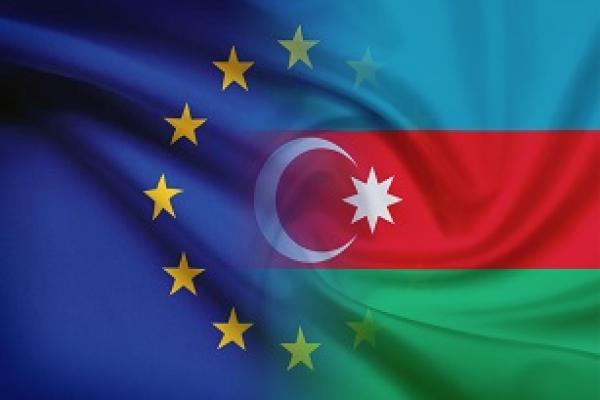
On April 25, the EU’s High Representative for Foreign Affairs and Security Policy, Kaja Kallas paid a visit to Azerbaijan. This was the first visit of the EU’s top diplomat to Baku in the past nine years. Both sides gave positive messages during the visit about the existing situation in bilateral relations and future prospects….
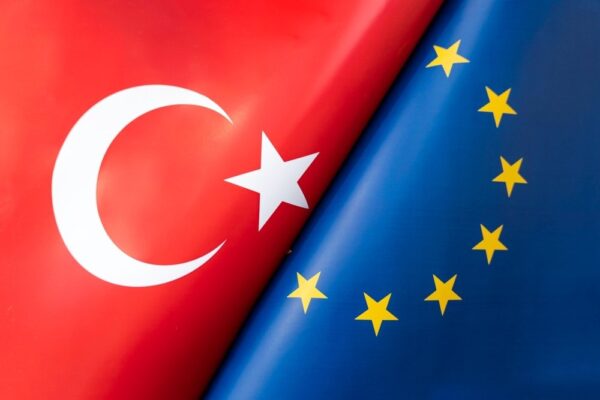
As Europe Day has just passed – marking the rebirth of peace, prosperity and unity across a war-torn continent – it is worth remembering that the European Union remains the most ambitious peace project in history. In a region long shaped by conflict and rivalry, the bloc has reimagined Europe as a community of shared…
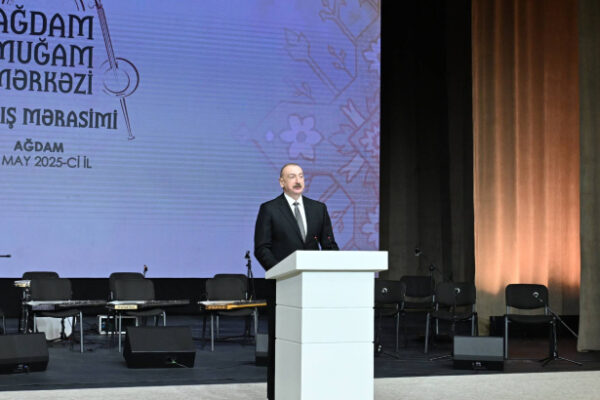
President Ilham Aliyev’s visit to the region, following the reconstruction and reopening of the Aghdam Mugham Center, was far more than the inauguration of a cultural venue. It served as a powerful political message—one deeply rooted in Azerbaijan’s national memory and the broader process of Karabakh’s revival. For Azerbaijan, mugham is not merely a musical…

Toward the end of the 19th century, resistance against British colonial rule began to gain momentum in India. This struggle intensified in the early 20th century and ultimately reached its peak after the Second World War, when colonial systems across the globe started to collapse. Two key figures emerged as leaders of this movement: Mahatma…

On 5–6 May 2025, Topchubashov Center’s Research Fellow Mahammad Mehdiyev took part in the Next Forum in Milan, a two-day international forum organized by the Italian Institute for International Political Studies (ISPI). The Forum brought together a global network of young talents and future leaders to engage with top international policymakers, experts, and business figures. Through…
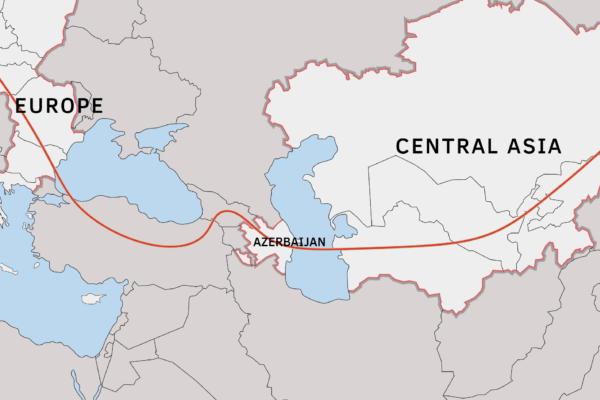
In recent years, the geopolitical significance of Central Asia has grown considerably, driven by a convergence of factors, including the increasing global demand for alternative trade routes, the recalibration of regional partnerships following the war in Ukraine, and a renewed Western interest in engaging with post-Soviet Eurasia. Most importantly, we are currently witnessing a “Great…
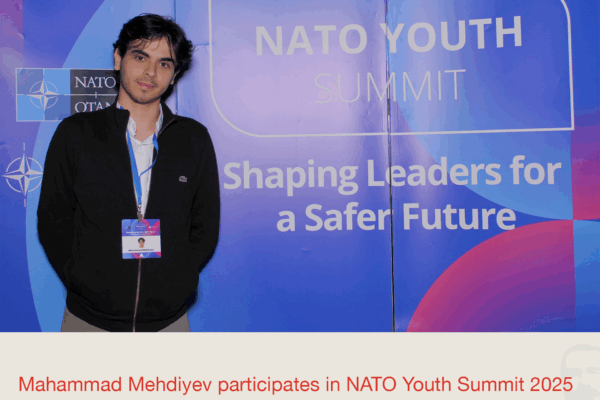
On 25–26 April 2025, our Research Fellow Mahammad Mehdiyev took part in the NATO Youth Summit held in Budva, Montenegro. The event was co-organized by NATO and the Atlantic Council of Montenegro. The summit gathered emerging leaders, researchers, and civil society representatives from NATO and partner countries to discuss current security challenges, including the evolving…
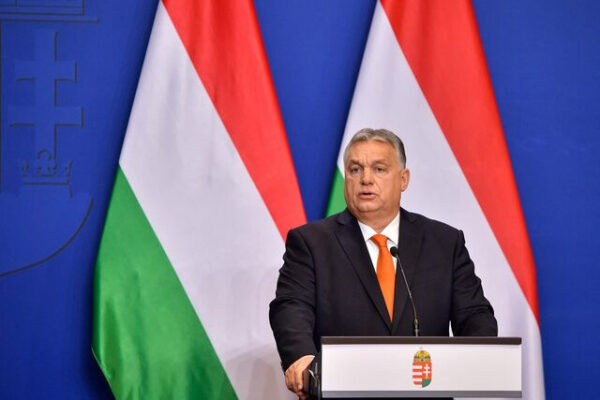
By zooming in on the foreign policy of an individual state one can reach a substantial number of verdicts with regards to the current ‘state of play’ in international affairs. Hungary is a useful example, with the country’s foreign policy agenda showcasing multiple uncomfortable realities which now underpin the system of inter-state relations. The country,…
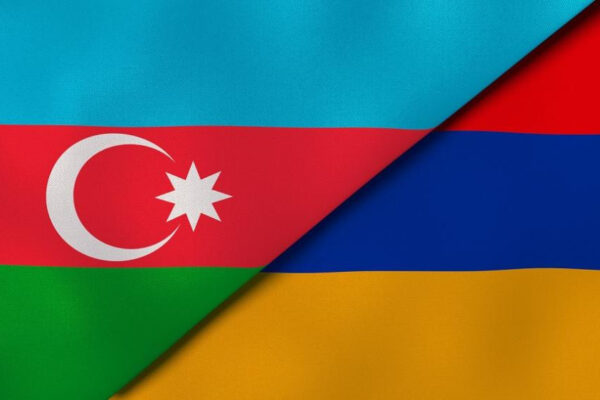
It is important to emphasize that the OSCE Minsk Group, established in 1992 under the auspices of the OSCE, was intended to assist with the peaceful resolution of the Karabakh conflict. Its co-chairs were the United States, France, and Russia. However, over the course of three decades, the group failed to achieve any tangible results that would…